Seven people have died in Ethiopia in protests that followed the shooting dead of musician Hachalu Hundessa, well known for his political songs, medics have told the BBC. Police are investigating his death. Hachalu’s songs often focused on the rights of the country’s Oromo ethnic group and became anthems in a wave of protests that
Seven people have died in Ethiopia in protests that followed the shooting dead of musician Hachalu Hundessa, well known for his political songs, medics have told the BBC.
Police are investigating his death.
Hachalu’s songs often focused on the rights of the country’s Oromo ethnic group and became anthems in a wave of protests that led to the downfall of the previous prime minister in 2018.
The 34-year-old was attacked on Monday evening when he was driving.
The singer had said that he had received death threats, but it is not clear who was behind his shooting on the outskirts of the capital, Addis Ababa.
Thousands of his fans headed to the hospital in the city where the body of the singer was taken on Monday night.
To them, he was a voice of his generation that protested against decades of government repression.
In Addis Ababa, police used tear gas to disperse the crowd outside the hospital and gunshots have been heard in the city where people set fire to tyres.
In Adama, 90km (56 miles) south-east of Addis Ababa, five people died after being shot during demonstrations and 75 others were injured, hospital chief executive Dr Mekonnin Feyisa told BBC Afaan Aromo.
Nineteen others were injured in nearby Dera town, he added.
Meanwhile, in the eastern town of Chiro, two people were shot dead during protests, a medic at the local hospital told the BBC.
The internet has also been shut down in parts of the country as the protests spread in Oromia regional state.
Hachalu’s body was being taken to his hometown, Ambo, about 100km west of the capital, but protesters tried to stop it and insisted that he should be buried in Addis Ababa.
In the eastern city of Harar, protesters have pulled down a statue of a royal prince – Ras Makonnen Wolde Mikael – who was the father of Haile Selassie, Ethiopia’s last emperor.
The statue shows Ras Makonnen, an important military figure and former governor of Harar province in the 19th Century under then-Emperor Menelik II, sitting on a horse.
Bringing down Ras Mekonnen’s Statue, father of Haile Selessie, will really cause fierce clashes b/w #Amhara and #Oromo ultranationalists.
A clash between country’s two largest ethnic groups will bring big challenges to the #Ethiopia‘s unstable political and security situation. pic.twitter.com/qKsLBrt4mr— Omar Abdi Jimale (@Dhegahoor) June 30, 2020


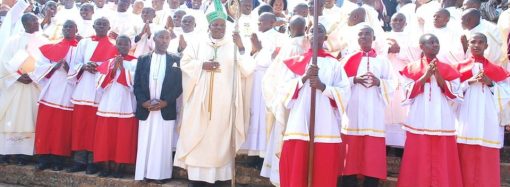

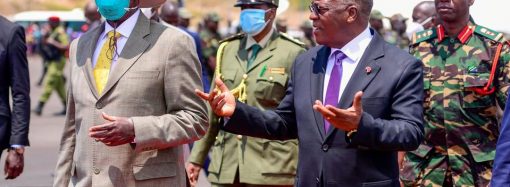


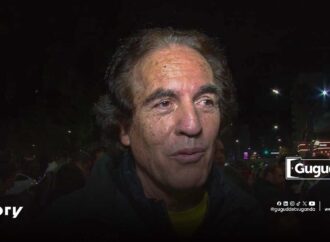






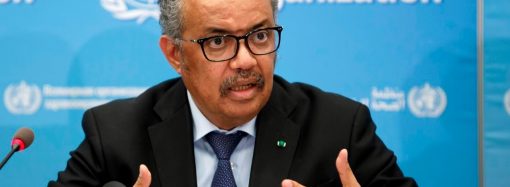

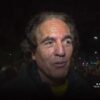
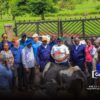







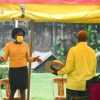

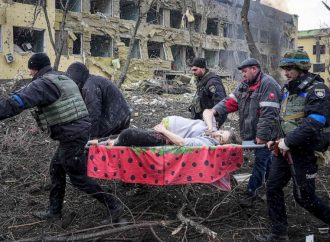
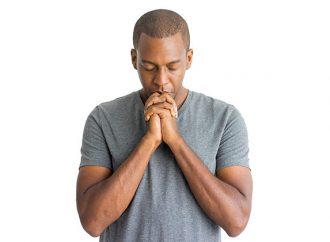
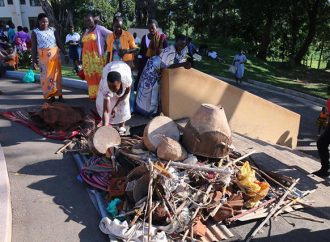
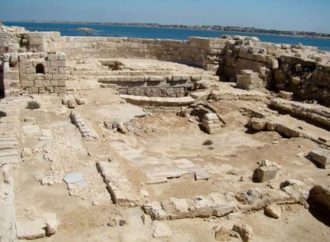
Leave a Comment
Your email address will not be published. Required fields are marked with *